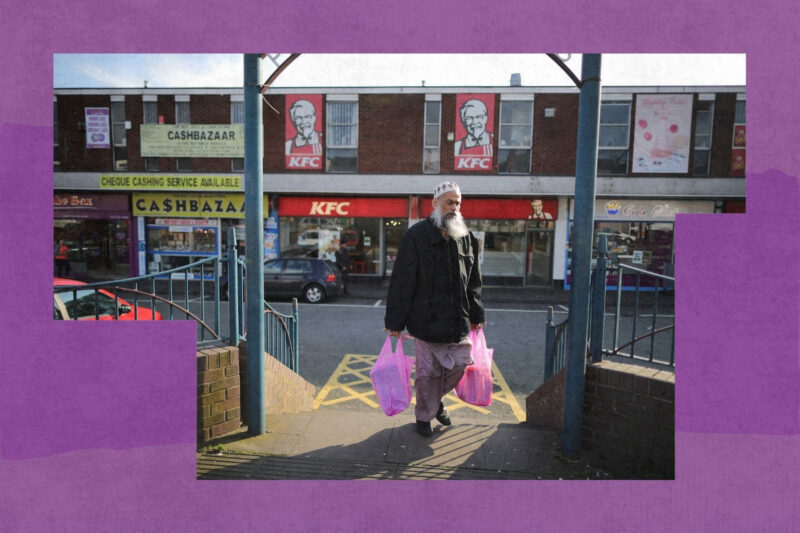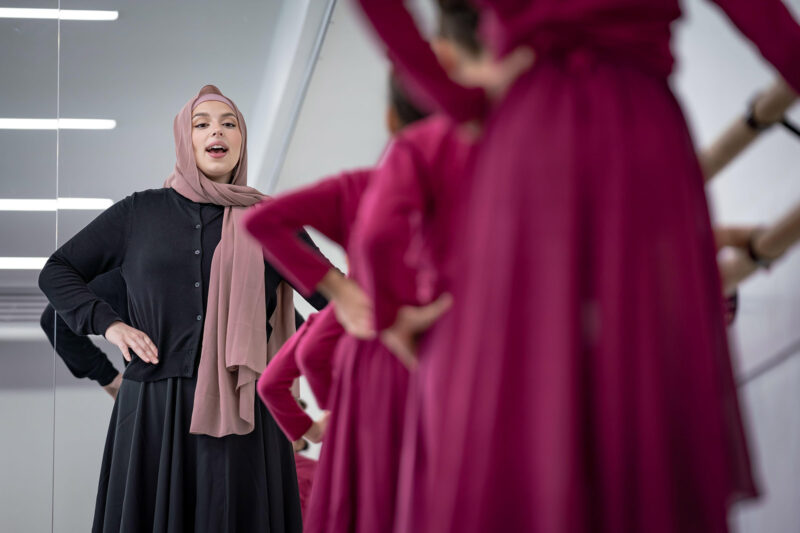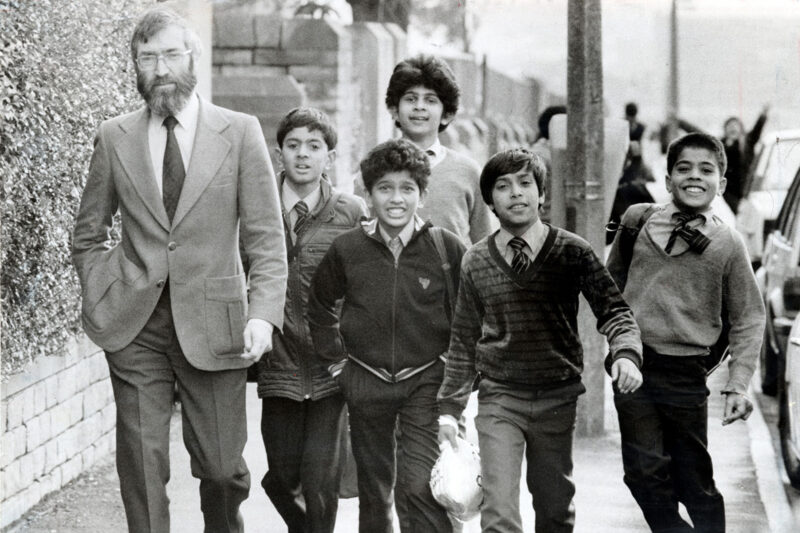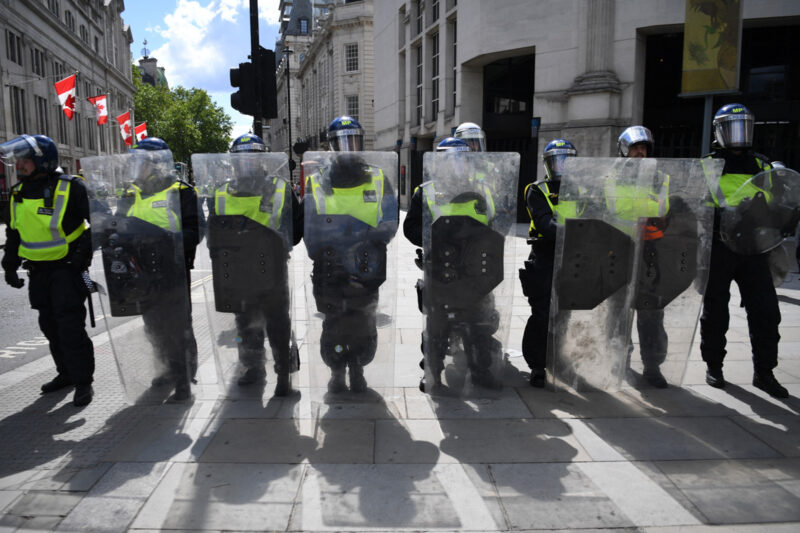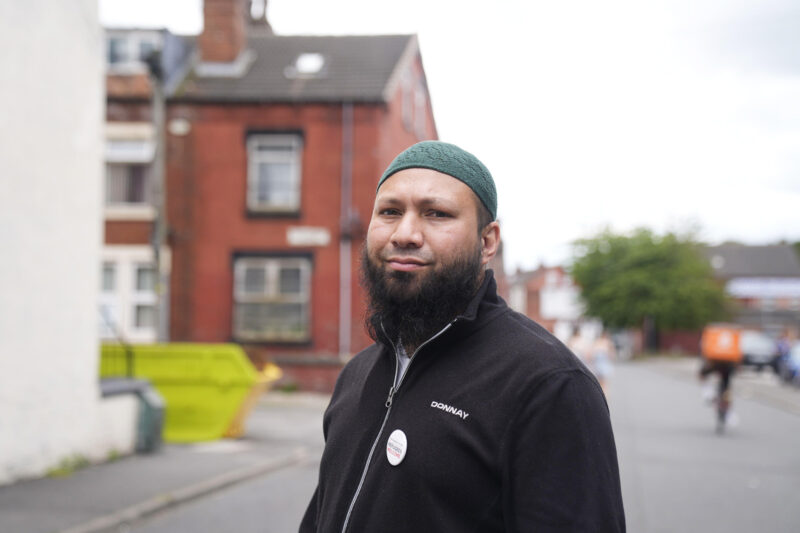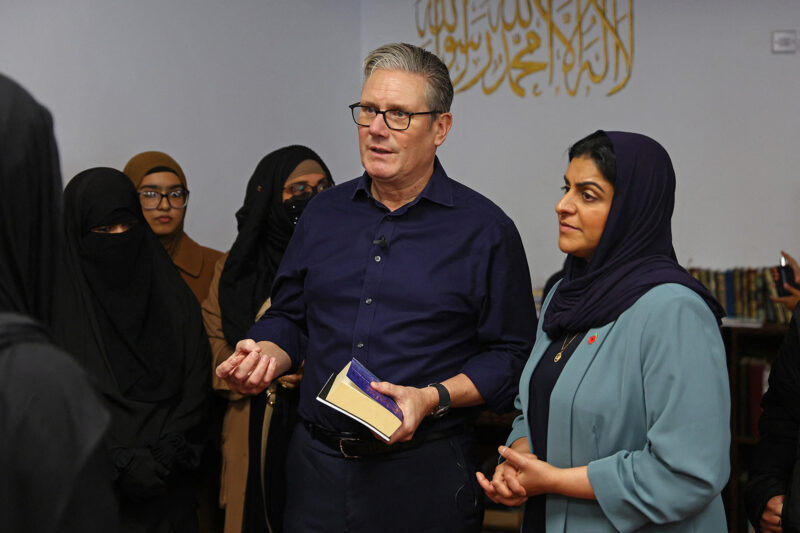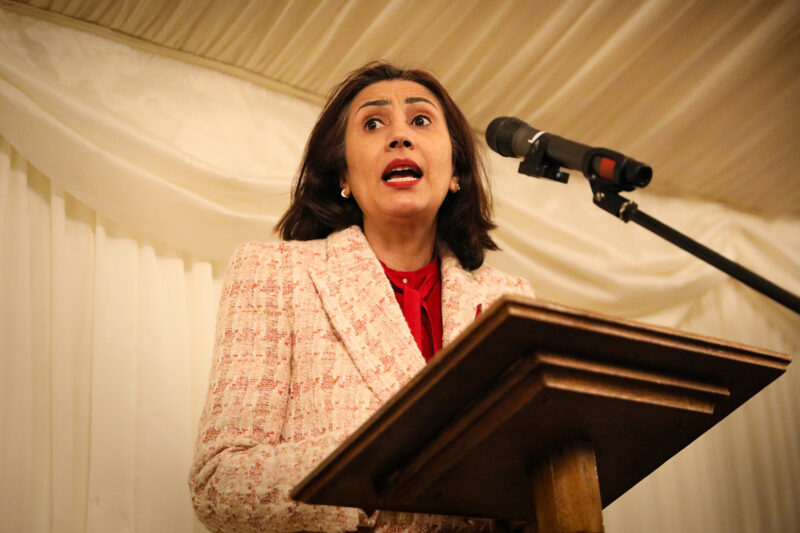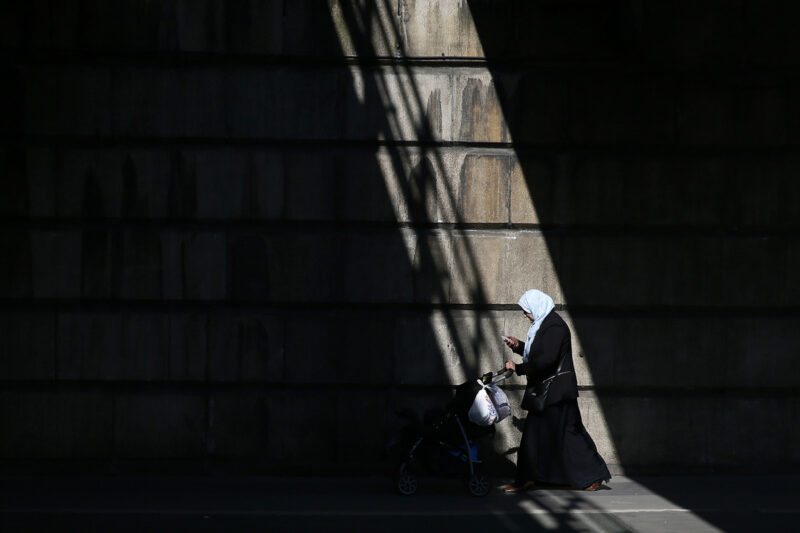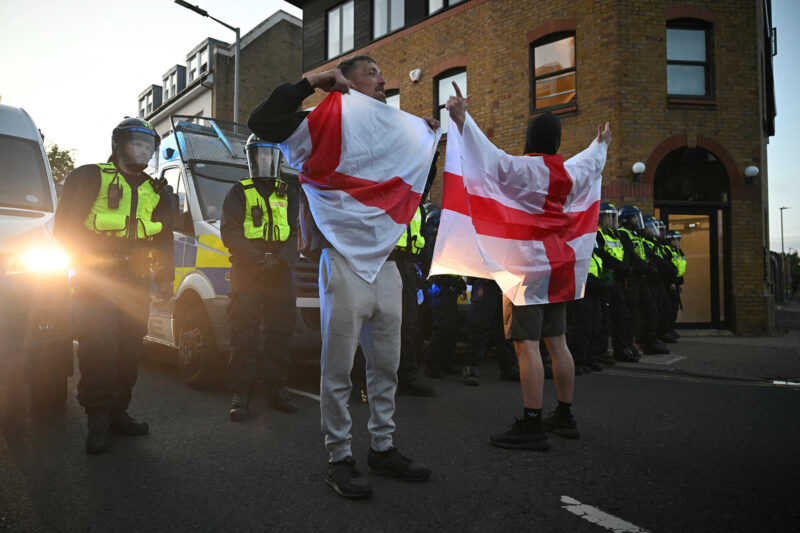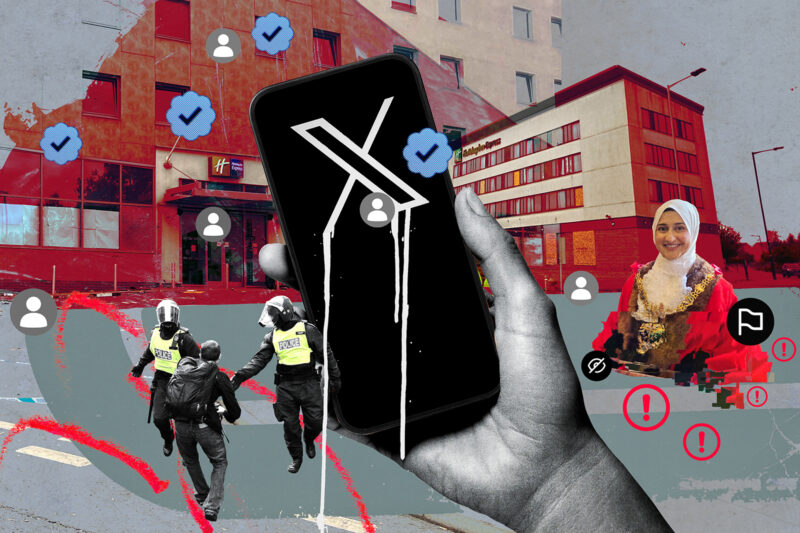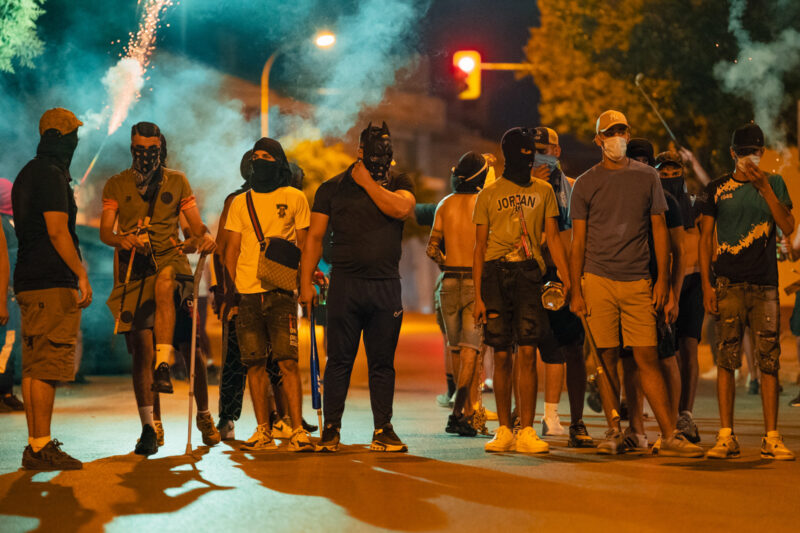Muslim former police watchdog chief says he was used for ‘performative diversity’
Sal Naseem, who was London regional director at the Independent Office for Police Conduct, felt like an ‘outsider’
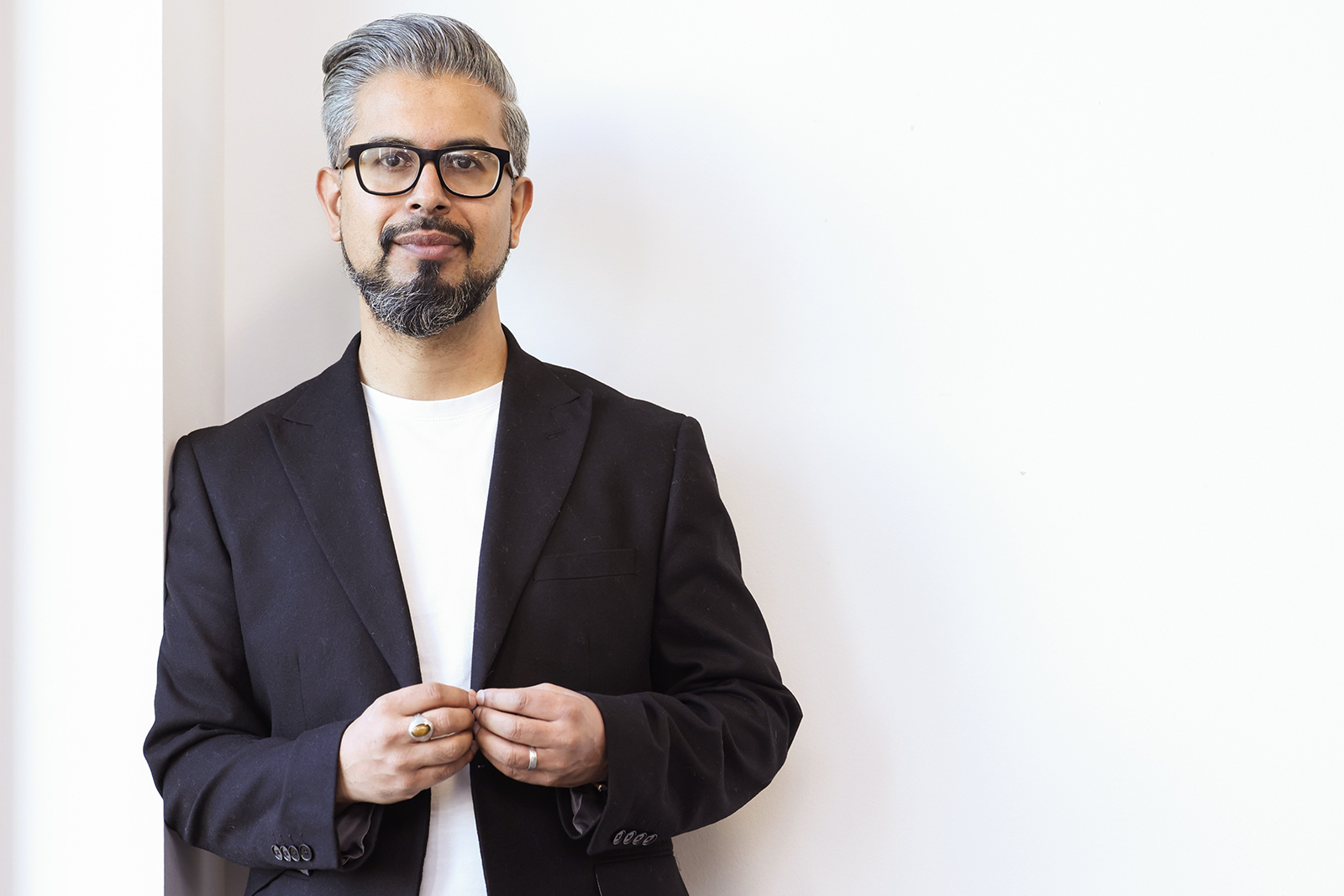
The first Muslim regional director for the English and Welsh police watchdog felt his presence at the organisation allowed it to pay lip service to diversity while privately dismissing his criticisms.
Sal Naseem oversaw investigations into some of the most serious police misconduct cases in London between 2019 and 2023. But he said his decisions at the Independent Office for Police Conduct (IOPC) were often met with pushback and disagreements. “Everything I did there ended up being a fight,” he said.
The former director, who left the IOPC in July 2023, described himself as an “outsider” at the organisation. “I found that there’s a performative thing where difference is welcomed until you suggest something different or until you suggest a different approach.”
He continued: “It’s not just about the basic performative diversity of having more melanin in my skin.”
Speaking to Hyphen as his memoir, True North: A Story of Racism, Resilience & Resisting Systems of Denial, is released, Naseem said the police system as a whole was “broken” and in need of reform, and that the IOPC — which investigates police misconduct cases — lacked the leadership to hold forces to account. He also accused IOPC leaders of “groupthink”. “You have people in senior positions who are incapable of escaping risk aversion, who are in this cycle where they will do the job for two to three years, deliver a portfolio of stuff and move on to the next senior gig,” he said.
Naseem oversaw investigations into police misconduct in some of the Metropolitan police’s biggest cases including officers taking selfies at the murder scene of Nicole Smallman and Bibaa Henry, the abduction, rape and murder of Sarah Everard by former police officer Wayne Couzens, the shooting of Chris Kaba, and the case of the Black schoolgirl Child Q, who was wrongly accused of having drugs and strip-searched while on her period.
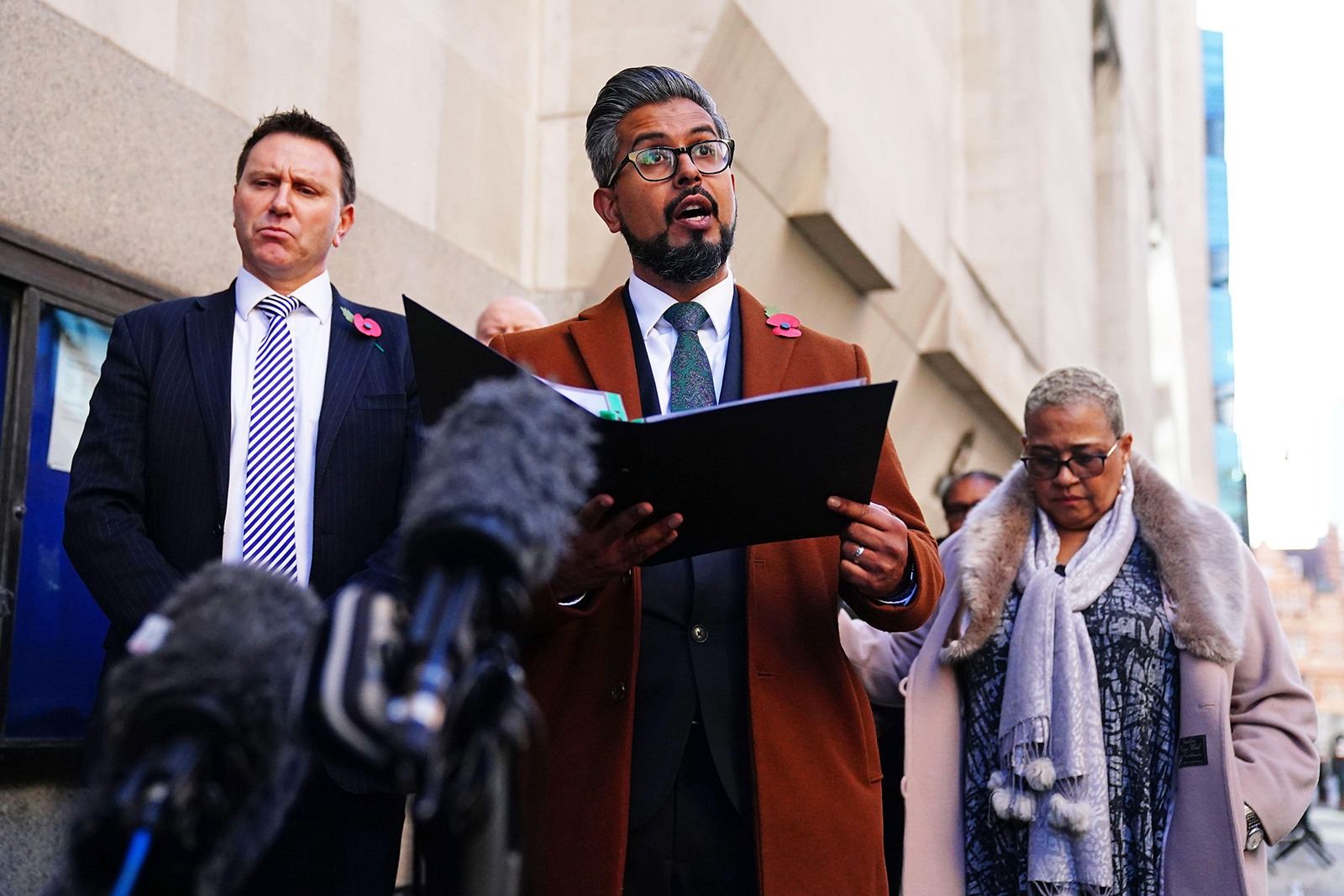
The IOPC was formed in 2004 as the Independent Police Complaints Commission (IPCC), seven years after the Macpherson report found that the Met investigation into Stephen Lawrence’s murder had been “marred by a combination of professional incompetence, institutional racism and a failure of leadership”.
But Naseem criticised leaders in both police forces and the IOPC for reluctance to use the word “institutional” to describe racism, misogyny and homophobia within the system — despite findings by the Casey review, released in 2023, which detailed serious concerns about institutional discrimination in the Met’s culture and standards.
“They’ve had difficulty accepting the use of the word ‘institutional’,” he said. “If you can’t accept what the problem looks like, how can you hope to challenge it and deal with it in the right way?”
While Gavin Stephens, chair of the National Police Chiefs’ Council (NPCC), admitted earlier this year that policing was institutionally racist, Met commissioner Mark Rowley has consistently rejected the use of the word to describe problems within his force — the UK’s largest — arguing that it is “ambiguous and could suggest that most people in the Met are racist”.
In February 2023, the IOPC itself was heavily criticised for failing to accept the term by the charity Inquest, which provides support on state-related deaths in England and Wales. “The IOPC has not publicly accepted that institutional racism exists and therefore fails to robustly investigate racism,” the journalist Raekha Prasad wrote in a report for the organisation. However, months later, in a blog post, the watchdog’s deputy director general Kathie Cashell said she recognised that “institutional racism doesn’t just exist in policing — it’s something that all organisations, including the IOPC, need to address as well”.
‘Feeling of being an outsider’
Naseem said his treatment at the IOPC did not come as a shock. “Being the first Muslim to hold a post at the level I did at the IOPC, I was one of the most senior people of colour in the whole country that’s ever worked in the system. This feeling of being an outsider is not something that was new to me.”
Naseem, 48, added that his childhood as a South Asian Muslim in Kilmarnock, Scotland, had prepared him for what was to come in adulthood. He described growing up in a “deprived Scottish town where racism was a constant companion, where violence was the norm, where hatred was very much out in the open”.
“Being visibly different then meant being battered, and having knives pulled on you,” he said. “I grew up in an environment which was hostile. Not everybody — there were amazing people where I grew up. But when people didn’t like you, that outpouring was through the lens of hatred.”
Naseem’s criticisms come as home secretary Yvette Cooper has pledged more than half a billion pounds in extra funding to “rebuild trust between the police and the communities they serve”.
As part of the reforms, a new Police Performance Unit will be formed, which the government says will allow the Home Office to take a more active role in monitoring standards and performance at police forces.
But Naseem warned: “There’s too much vested interest in maintaining what we have at the minute.”
An IOPC spokesperson said: “We are saddened to hear Sal Naseem’s views of the IOPC. During his more than eight years with us he made a huge contribution to building confidence in the police complaints system.”
The spokesperson denied claims of a toxic culture at the watchdog and said: “We have a strong commitment to equality, diversity and inclusion with zero tolerance of discrimination.”
They added that the organisation has “started a radical transformation programme” and that the “culture of the organisation will be reviewed as part of this”.
James Harman, a commander in the Met’s professionalism team, said: “We have been entirely open about the challenges facing the Met and our ongoing drive to improve our standards and culture and rid our organisation of those who are not fit to serve. We know wrongdoing by our officers has a huge impact on the trust and confidence Londoners have in us.”
He added that the “vast majority” of officers acted “with the professionalism and dedication to their duties we would expect”, but that 100 officers had been dismissed for wrongdoing between January and September 2024.
 Newsletter
Newsletter


